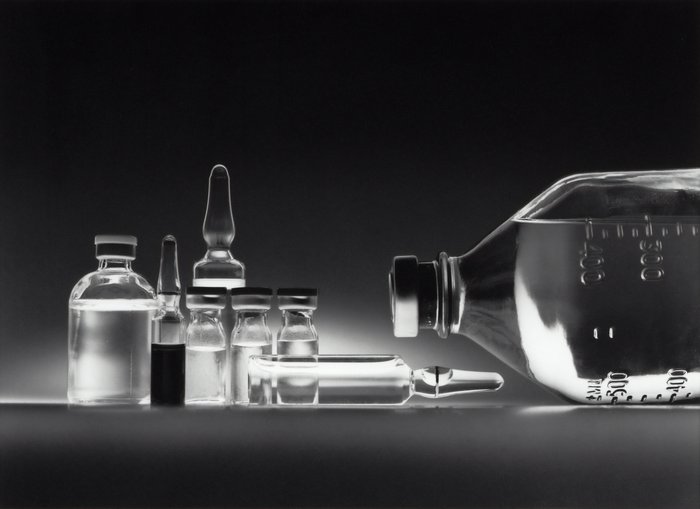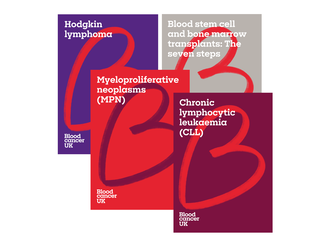Scottish regulators rule blood cancer drug can’t be used routinely on NHS in Scotland for second-line use
Scotland
The blood cancer CAR-T therapy, Yescarta, is not to be made available on the NHS in Scotland for second line-use. Blood Cancer UK says it highlights the inequality across the UK when it comes to access to blood cancer treatments. Another drug, Tibsovo, for a form of acute myeloid leukaemia has been made available in Scotland.

Yescarta, a CAR-T treatment for the blood cancer, diffuse large B-cell lymphoma (DLBCL) has not been recommended for use on the NHS in Scotland.
The drug regulators in Scotland, the SMC, cited costed effectiveness as the reason as to why it wasn’t to be made available. While initially, the drug regulators for England also did not approve it, it was made available on the NHS in England for routine use through the Cancer Drugs Fund for second-line use in early 2023. This decision was based on an undisclosed recommended cost price, and it made it the first personalised immunotherapy routinely available through the NHS in England. The treatment remains available for third-line use in Scotland.
Around 5,500 people are diagnosed with diffuse large B-cell lymphoma in the UK, however, Public Health Scotland doesn’t track the number of DLBCL cases individually. Estimates from the HMRN indicate there were 460 cases of large B-cell lymphoma in Scotland in 2016.
Blood Cancer UK’s Scotland policy officer, Josh Hill said: “New CAR-T therapies offer hope to people who are often living with the most aggressive forms of blood cancer. For people living with diffuse large B-cell lymphoma – a form of blood cancer - the risk of recurrence and uncertainty about which treatment options will be available to them can add distress at an already very difficult time.
“It’s disappointing this drug won’t be available to people in Scotland who would benefit from it. The decision highlights the inequalities in access to treatments across the UK and this is a real barrier to improving people’s lives, after all blood cancer is currently the UK’s third largest cancer killer.
“There are several routes this drug could now take, including being resubmitted to the Scottish Medicine Consortium. People in Scotland must be able to have the same access to treatments as those on the other side of the border and we’ll continue to ensure we work with all stakeholders to represent the needs of people with blood cancer.”
Aileen Lamb, 52 from Edinburgh, is now in remission blood cancer said: "Speaking as someone who's been through treatment for blood cancer, I believe there should be no disparity between the devolved nations. It feels unjust that there’s not a level playing field. The care I received from the NHS in Scotland was exemplary but I can’t shake the feeling that I was one of the lucky ones.
The challenges you face as someone with blood cancer are equal no matter which side of the border you are.
- Aileen Lamb
The Scottish drug regulators did approve Ivosidenib (Tibsovo) for acute myeloid leukaemia (AML) for use on NHS.
Tibsovo is to be used in combination with azacitidine for the treatment of adults AML with an isocitrate dehydrogenase-1 (IDH1) R132 mutation who are not able to receive intensive induction chemotherapy.
In Scotland, around 150 people were diagnosed with AML a year, but IDH1 mutations are only detected in around 6% to 10% of those.
Josh Hill said: “It’s better news for people with this specific form of acute myeloid leukaemia. For those unable to have chemotherapy, there is a very limited number of low intensity treatments in Scotland. Tibsovo offers those with AML IDH1 with an alternative that's less intense, has more manageable side effects and reduces their chance of relapse. The treatment is taken orally, and so people spend less time in hospital.”

Order or download our free blood cancer information
Find out more about specific types of blood cancer, as well as symptoms, treatments and side effects.

